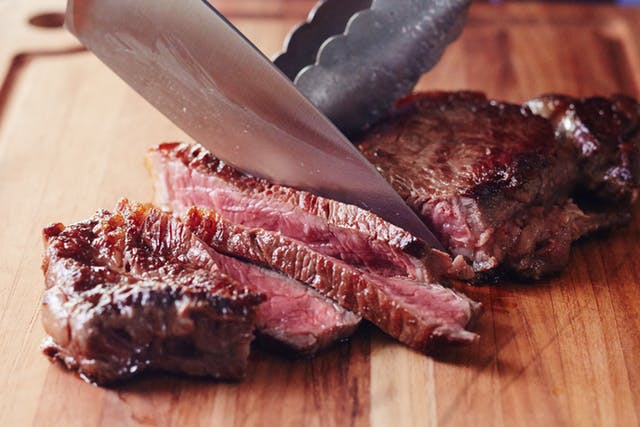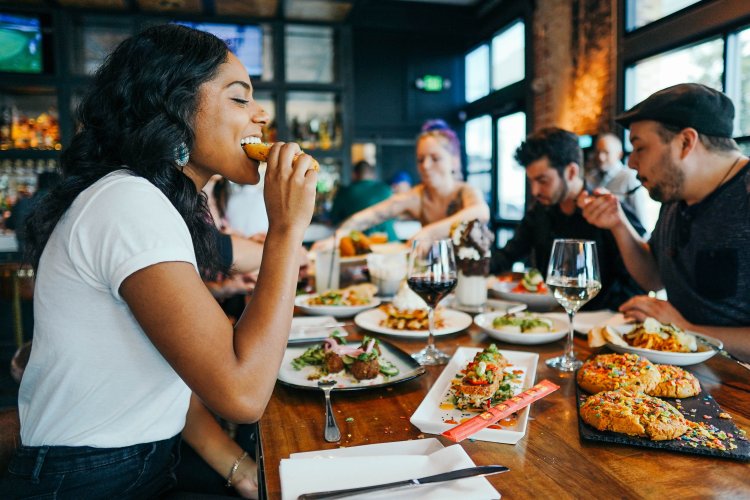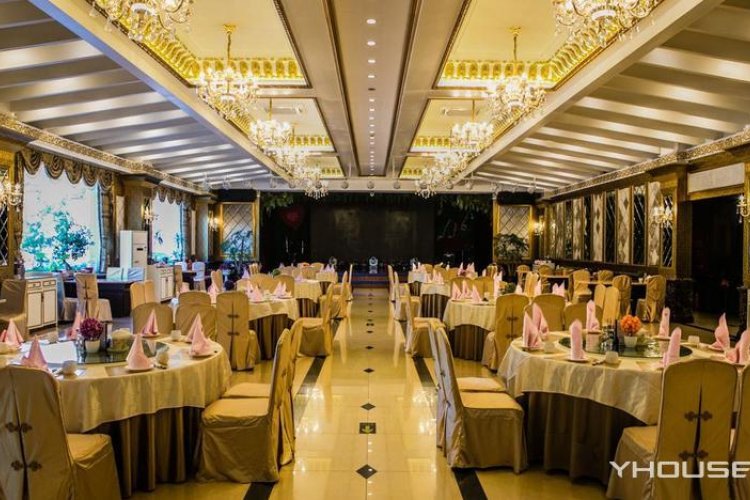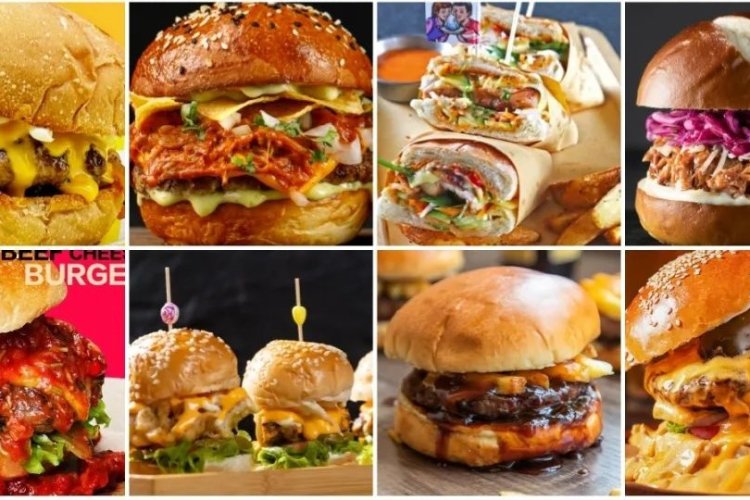Sacré Boeuf! Beijing Lifts French Beef Ban
Beijing’s beef lovers and F&B businesses alike have hailed a deal reached between China and France that will end a 16-year embargo on French beef.
The agreement was reached after the French President Emmanuel Macron’s visit to the Chinese capital last week and sees the abolition of a restriction that was imposed in 2001 as part of an EU- and US-wide ban in response to the “mad cow disease” scare of the 1990s.
The ever-expanding Chinese market provides a welcome opportunity for French cattle ranchers as many Western populations continue to reduce their meat intake, including the French, whose beef consumption is falling at 5 percent a year, according to French economy minister Bruno Le Maire.
China is currently “the world’s second-biggest beef buyer [behind the US], and the imports grew roughly 10 times between 2010 and 2015. Australia, Uruguay, and New Zealand are the top exporters of beef to China,” according to CNN.

The lifting of the French beef ban follows the end of the US beef ban in July of 2017 after a meeting between President Trump and President Xi Jinping. Beijing’s steak restaurants quickly took advantage of the embargo’s end and American beef is now widely available throughout Beijing.
O’Steak and Café de la Poste owner Cristophe Rovan was particularly pleased to hear that the ban has been lifted, saying, “Until now, we have always focused on the Chinese sector … But now, we will be able to import exceptional French products.”
While France has dozens of unique species of cow, each with their own taste and texture, Rovan is excited to import beef from his own province of Auvergne, which is famous for the Salers cow. “It is a magnificent species, raised in the mountains. Its meat is tender, but also extraordinarily savory because the Salers species feeds on grass and flowers. This cow is a star!” added Rovan.
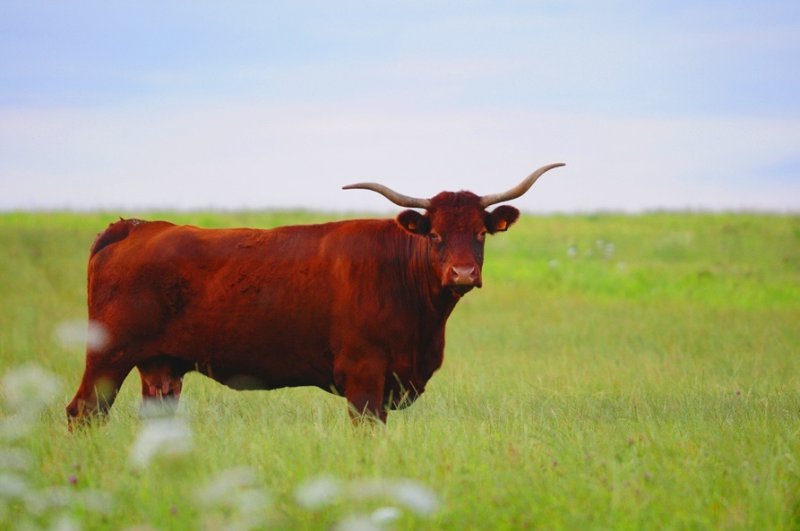
The successful lifting of beef trade restrictions follows the overturn of Beijing’s cheese ban, which was in place for a short-lived two months in the second half of last year, after lobbying by EU officials and the French Embassy. The policy banned the import of mold-ripened cheeses such as brie, camembert, and Roquefort but was reneged after the French embassy held a seminar with cheese experts and the Chinese authorities, “thus limiting the risk of such events [the ban] re-occurring in the future,” according to the Financial Times.
Beef enthusiasts eager to follow their baked camembert with a tender Salers steak shouldn’t get too excited, however, as with all political decisions it will take some time before the end of the beef ban is transformed into a legal and administrative reality. Rovan predicts that “it will take more than a year before French beef is on our plates. But the wait is worth it, I’m telling you!”
Photos: thekitchn.com, Reuters UK, Cristophe Rovan

